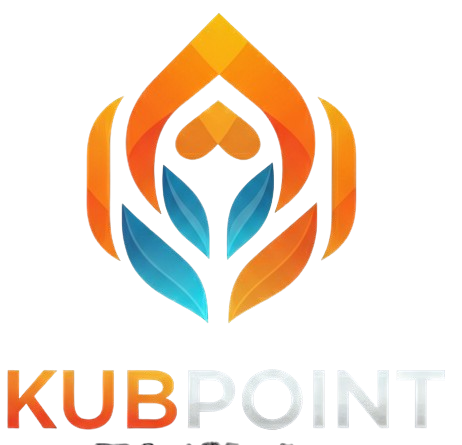I was a big fan of Coil back when it existed. The surface story of Coil was it was a browser extension you could install and you’d hook it up to an “online wallet” (with currency in it). Then websites could put a (or ?) tag on their website that was essentially a public key to their online wallet. You’d tell Coil how much money you were good for and it would sprinkle out your funds automatically to sites you visited that had this set up. It was a little “thanks for making a website that I visit, here’s a…
Author: drweb
“Dave: Open the pod bay doors, HAL.HAL: I’m sorry, Dave. I’m afraid I can’t do that.Dave: What’s the problem?HAL: I think you know what the problem is just as well as I do.”— Arthur C. Clarke & Stanley Kubrick, 2001: A Space Odyssey (1968) (2025-Nov-24) Having a real conversation with Power BI is not a novel idea. Its ‘Q&A’ feature has been available for the past 10 years, allowing users to type questions in natural language and attempt to retrieve data-driven results and visuals from existing datasets. This feature was first introduced back in 2013 and gradually improved over time, becoming a solid…
AI agents are moving from novelty to necessity in software delivery—and with that shift, the developer’s role is changing. Emilio Salvador, vice president of strategy and developer relations for GitLab, explores what happens when every engineer works alongside a small “team” of agents: some personal, some shared across squads, and others assigned to specific lifecycle […]
Redgate acquired a data modeling tool from Vertabelo recently and I wanted to explore how it works. This is a short look at this tool and how it might be useful in working with databases.A Simple LayoutThe tool is a cloud tool, designed to work in a browser. This negates the need to install anything, but this also means you need to be connected to the Internet to use it. Once you get past the licensing (I won’t show this), you have a basic screen that looks like this:There isn’t much to see and this doesn’t feel that intuitive to…
Outcome-based engineering teams focus on delivering real customer and business impact, aligning goals, adapting quickly, and collaborating across roles to drive results.
Managing a web server through command-line alone can feel like you’re juggling too many things at once. You need to configure Apache or Nginx, set up databases, manage SSL certificates, monitor resource usage, and handle file permissions, all while remembering the exact syntax for each operation. A hosting control panel solves this by giving you a visual interface for all these tasks. Instead of memorizing commands and editing configuration files manually, you get a dashboard where you can click, configure, and deploy with confidence. aaPanel is a free, lightweight control panel that handles this job remarkably well. It’s the international…
Splunk, an arm of Cisco, has donated an OpenTelemetry Injector library it developed for streamlining instrumentation of applications that have not been containerized, to the open source project that is being advanced under the auspices of the Cloud Native Computing Foundation (CNCF). Greg Leffler, director of developer evangelism for Splunk, said this latest contribution to […]
Lots of people have created Power BI reports, using interactive data visualizations to explore and communicate data. When Power BI was first created, it was used in situations that weren’t ideal because that was all we had as far as cloud-based tools in the Microsoft data stack. Now, in addition to interactive reports, we have paginated reports and notebooks. In this post, I’ll discuss when notebooks might be an appropriate visualization tool.High-level comparisonIf you haven’t looked into Fabric notebooks for data visualization, the table below offers a high-level comparison to Power BI reports. There are edge cases where you could…
For the better part of a decade, a revolutionary idea has reshaped enterprise security: the “shift left” movement. This mantra taught us to view the software development lifecycle (SDLC) not as a finish line for security, but as its starting point. By embedding security checks at the earliest possible stage, we made incredible strides in […]
Traditional testing misses token and context failures. Discover how to measure, test and scale AI agents reliably in production.
